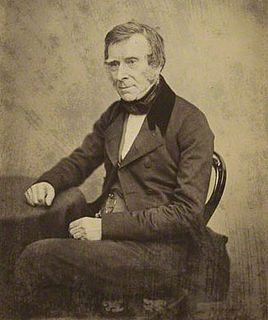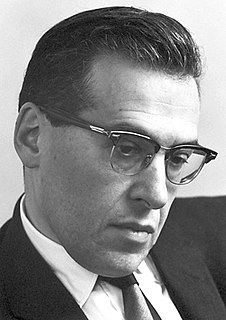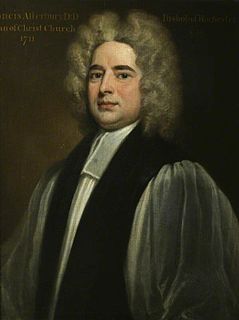A Quote by Robert Aris Willmott
Attention makes the genius; all learning, fancy, science and skills depend upon it. Newton traced his discoveries to it. It builds bridges, opens new worlds, heals diseases, carries on the business of the world. Without it taste is useless, and the beauties of literature unobserved.
Related Quotes
The fact that science led me to spiritual insight is appropriate because the latest discoveries in physics and cell research are forging new links between the worlds of Science and Spirit. These realms were split apart in the days of Descartes centuries ago. However, I truly believe that only when Spirit and Science are reunited will we be afforded the means to a better world.
It is attention, more than any difference between minds and men.-In this is the source of poetic genius, and of the genius of discovery in science.-It was that led Newton to the invention of fluxions, and the discovery of gravitation, and Harvey to find out the circulation of the blood, and Davy to those views which laid the foundation of modern chemistry.
Science is a capital or fund perpetually reinvested; it accumulates, rolls up, is carried forward by every new man. Every man of science has all the science before him to go upon, to set himself up in business with. What an enormous sum Darwin availed himself of and reinvested! Not so in literature; to every poet, to every artist, it is still the first day of creation, so far as the essentials of his task are concerned. Literature is not so much a fund to be reinvested as it is a crop to be ever new-grown.
Erwin Schrodinger has explained how he and his fellow physicists had agreed that they would report their new discoveries and experiments in quantum physics in the language of Newtonian physics. That is, they agreed to discuss and report the non-visual, electronic world in the language of the visual world of Newton.
Modesty teaches us to speak of the ancients with respect, especially when we are not very familiar with their works. Newton, who knew them practically by heart, had the greatest respect for them, and considered them to be men of genius and superior intelligence who had carried their discoveries in every field much further than we today suspect, judging from what remains of their writings. More ancient writings have been lost than have been preserved, and perhaps our new discoveries are of less value than those that we have lost.
Philosophical studies are beset by one peril, a person easily brings himself to think that he thinks; and a smattering of science encourages conceit. He is above his companions. A hieroglyphic is a spell. The gnostic dogma is cuneiform writing to the million. Moreover, the vain man is generally a doubter. It is Newton who sees himself in a child on the sea shore, and his discoveries in the colored shells.
Men marry for fortune, and sometimes to please their fancy; but, much oftener than is suspected, they consider what the world will say of it--how such a woman in their friends' eyes will look at the head of a table. Hence we see so many insipid beauties made wives of, that could not have struck the particular fancy of any man that had any fancy at all.


































